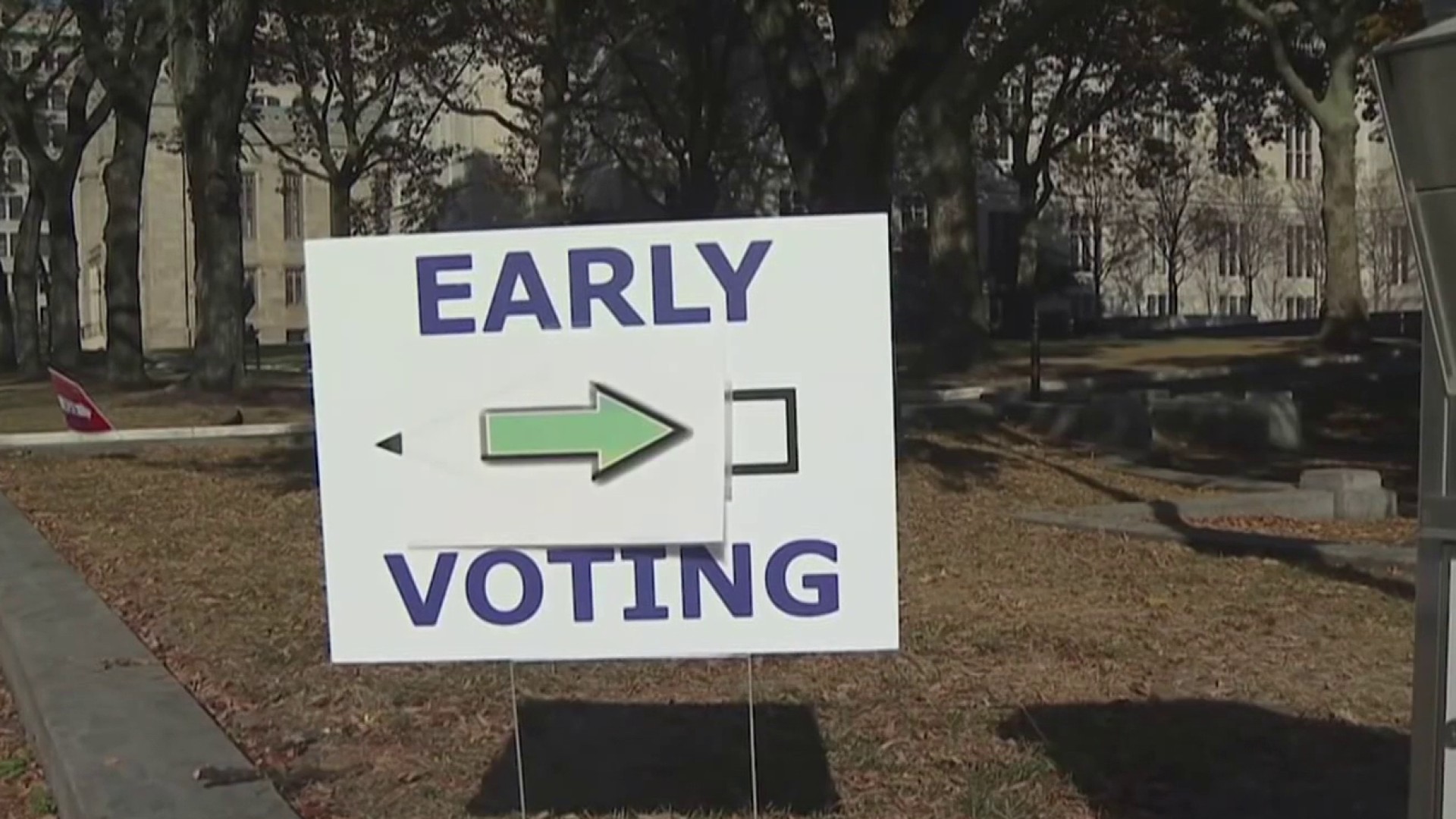Affordable housing is a touchy subject in a number of Connecticut communities, but a new project in Waterbury could serve as a model for other municipalities.
The housing crisis in Connecticut has many layers. When it comes to realtors, they say there's a lack of supply.
Affordable housing has proven to be one of the most difficult things for lawmakers, zoning commissioners and developers to try to solve. But could a recent collaboration in Waterbury be a model of the future for other cities and towns?
Linden Place is the result of a public-private partnership. Kathy Luria, executive director of the Harold Webster Smith Foundation, explains how stakeholders got it done.
Get top local stories in Connecticut delivered to you every morning. Sign up for NBC Connecticut's News Headlines newsletter.
Mike Hydeck: So you're a nonprofit that's connected to Webster Bank and one of the partners of this project in Waterbury, which seems to be wonderful. So I would love to learn more about it and see if it could be replicated. So the plan is, the latest one is called Linden Place. Describe what the property was first, what you did to it and what it is now.
Kathy Luria: Thanks for having me here today. It's really an honor. The Harold Webster Smith Foundation is a separate entity, actually from Webster Bank, but they are our funder. It was established in our founder's name, Harold Webster Smith. Linden Place was our second project, actually. And what was there before was an empty office building and three homes that had not been taken care of for decades and decades. So they really were, it was the perfect ground for us to secure site control and to kind of take each of those properties and bring them together as one to help create what is now Linden Place Apartments.
Mike Hydeck: So they were renovated, and then they were, what actually happened?
Face the Facts
Face the Facts with NBC Connecticut goes beyond the headlines, asking newsmakers the tough questions, giving an in-depth analysis of the big stories.
Kathy Luria: Well, actually, demo. Everything was taken down to the ground.
Mike Hydeck: And then you built the new facility from scratch. So one of the main stumbling blocks to affordable housing, and there's many, as we know here in Connecticut, it's not cost effective for builders to do this, because they don't really, the margin is very small, if at all. How did you guys solve that? You had a lot of stakeholders to try to put this project together, right?
Kathy Luria: So early on, I'm talking 2011, we created something called the Waterbury community initiative, Waterbury Community Investment Partnership. And it was a partnership between NeighborWorks New Horizons out of New Haven, a nonprofit community developer, and the Harold Webster Smith Foundation. And the two of us put together a team of people we refer to as the Board of Managers. And that team was made up of a city mayor, an aide, a community officer who was specifically involved in Hillside neighborhood, which is our focus area, as well as a lawyer who had a small business there, the nonprofits that are there.
Mike Hydeck: These are day-to-day stakeholders.
Kathy Luria: Day-to-day, right. So a Board of Managers that had a huge investment in making sure that the Hillside neighborhood was successful over time.
Mike Hydeck: That eliminates not in my backyard, because it is their backyard.
Kathy Luria: It is our backyard. That's right, that's right. And for us, the foundation's focus is on hillside neighborhood. It's a great area because it's the central business district. You've got the Mattatuck Museum and the YMCA right there. So everything is just up behind there.
Mike Hydeck: There's transit in that area, too, right?
Kathy Luria: That's right, the buses run along the green, and then there's walking distance the train stations. So for us, the location that we chose for Linden was important, but also our previous project with Gaffney Place was important, because all of that is, you know, that's the edges of Hillside neighborhood. So for us, being able to secure those properties and then to house over 200 people and to provide rental homes for people who would never have had them before was, you know, fabulous.
Mike Hydeck: Which is an absolute huge need all across our state. So to see this happen in Waterbury is heartening. I went to school in Waterbury years ago on the UConn campus. So I understand the neighborhoods in and around. I was in the older one, not the nice new one. So I understand the neighborhoods in and around, and it's been a struggle for decades. Yeah. So that's a big leap forward. So zoning is also a pretty big hurdle, right? Many cities, again, that not in my backyard situation, when projects are like this. Were zoning officials involved in the planning, too? Or is it just city officials were like, the go between?
Kathy Luria: No and you know, that's what's really important. And the importance of the philanthropy side of things was to help NeighborWorks New Horizons come into a city that isn't theirs, right? So we helped them with, you know, securing credibility. And so when they went forward to the Board of Alders for instance, to get permissions, or to go to the city to get permissions or to address the blight that was in those neighborhoods, it kind of opened the doors for them to have more of a green light for their their ability to do that. So we did not have zoning issues, because these were properties that were already zoned for home ownership, and the commercial building that was already there was already zoned.
Mike Hydeck: Got it. So the numbers that got my attention when I learned about this project is these units were going between $400, that's affordable in Connecticut, up to $1,500. Who owns the property? How can they possibly continue to maintain the property and keep it up, and how does that work?
Kathy Luria: So, NeighborWorks New Horizons owns the property. They have a property manager on site, and the rents are based on a band formula that's driven by federal and state numbers, and it's complicated.
Mike Hydeck: Is it income-based? Renter's income?
Kathy Luria: It's income-based, but also what's added to it is, it's based on the renter's income, but also whether they can apply for vouchers. So the money kind of gets layered on top of each other. It's a complicated system, but that's what affordable housing is, is to help people have a home, a roof over their heads, who could otherwise not afford it, and to kind of put together the various funding opportunities for them.



